That Random Jolt
Ever been sitting in the dentist chair, trying to be brave, when—bam!—you get this bright, electric zing darting across your tongue? Not pain, exactly… more like a shock, as if your mouth suddenly hosted a tiny thunderstorm. You’re not imagining it. That’s the infamous injection causes spark in tongue experience.
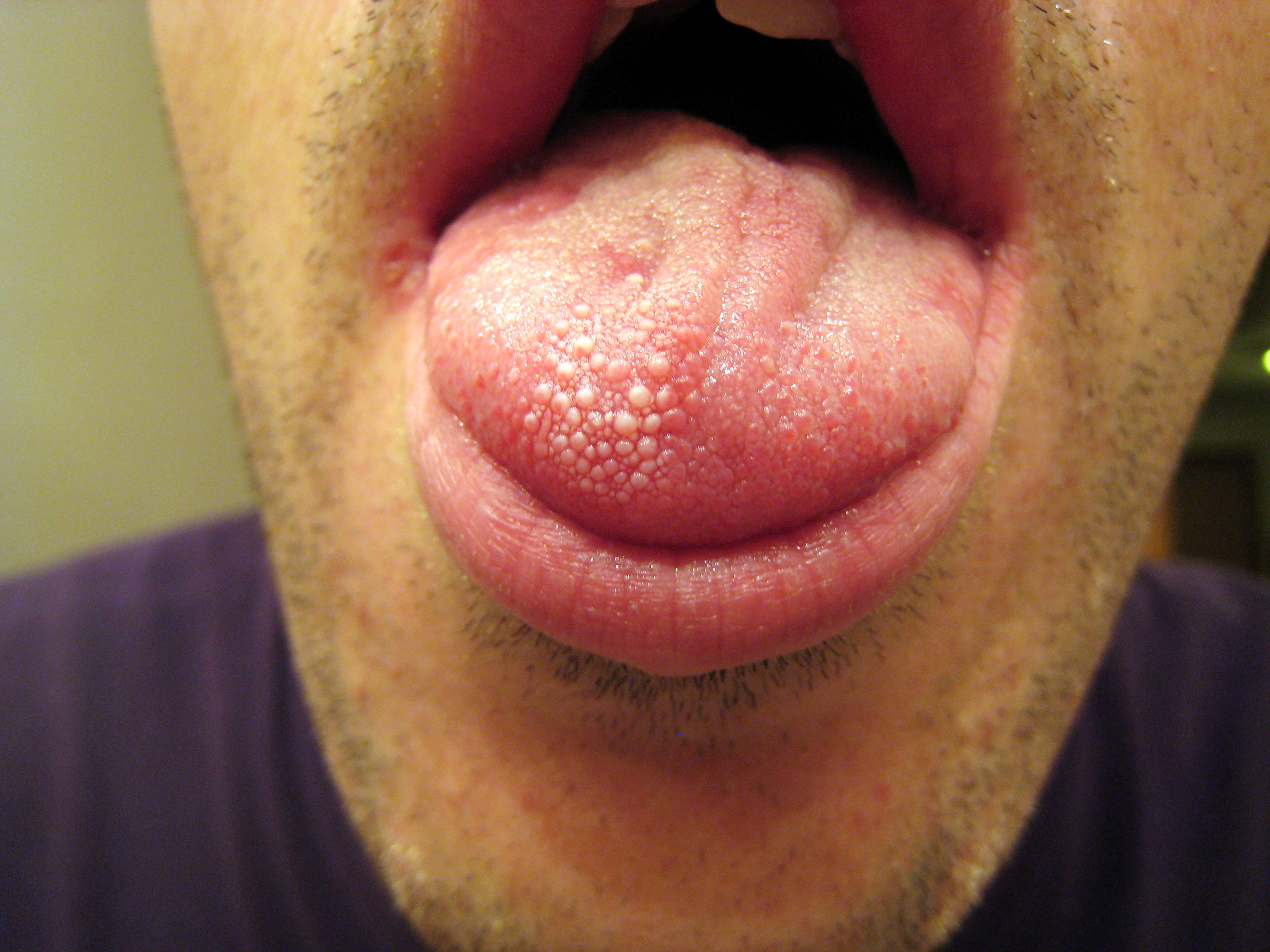
And if you’ve Googled it while drooling in the waiting room (been there), let’s get straight to the point: you are definitely not alone. It’s oddly common, surprisingly freaky, and almost never something to panic about.
Let’s get real. Most of us expect a bit of a pinch with dental shots. But that spark? The first time it zips through you, you’re left wide-eyed and wondering, “Uh, dentist… did you just electrocute me?” (Spoiler: probably not. But it makes a good story, right?)
So, Why the Zap?
Needle Meets Nerve—Kaboom!
Let’s keep it simple: your mouth’s loaded with sensitive nerves. The tongue is a major highway here, buzzing with the lingual nerve and a bunch of others that make talking, tasting, and chewing possible. Dentists give local anesthetic shots to block pain… but sometimes the needle strays a bit close to one of those nerves.
If the needle touches or brushes up against a nerve? That’s when you get that very sudden, very electric jolt. Some people say it feels like their face catches fire for a second. One woman online described it like “licking a 9-volt battery… but on the inside of her mouth.” It’s a super weird mix of tingle, shock, and surprise, but not real “electricity”—just nerve signals going haywire for a split-second.
Story Time: Tongue Lightning
True story: I once had a routine filling on my lower molar, and suddenly, mid-injection, it felt like my tongue got struck by a mini bolt of lightning. My dentist saw my eyes bug out, chuckled, and said, “Oh, did the nerve say hello?” Apparently, it happens. (Felt better in a minute, but, wow—never forgot it.)
Do Some People Get It Worse?
Yep. It sort of depends on your anatomy—some people’s nerves just sit closer to where the needle has to go. Also? If the dentist is working on your lower teeth, the odds are higher, because the shot often goes neat the inferior alveolar nerve, which is right next to the lingual. Occasionally, you just get unlucky. (Fun fact: some folks go years without ever feeling it. Others? Every time. Bodies are weird.)
Wait, Does It Mean Nerve Damage?
The Good, the Bad, and the Tingly
Here’s the part where most people (understandably) start to worry: “What if that zap means something’s gone wrong?” Don’t stress! Usually, the answer is no. The momentary spark is just your nerve reacting—kind of like when you stub your funny bone and get that “pins and needles” rush. It almost never means lasting injury.
So, when should you worry? If you’re still numb, burning, or tingling hours (or days) later, that’s a sign to call your dentist. For most folks, you’ll be slurping soup and laughing about your numb tongue by the end of the day. But if you need a sanity check, poke through Symptoms of nerve damage after dental injection for reassurance or details about what is (and is not) normal.
Quick Table: Spark or Something More?
| What You Feel | Likely Meaning | What To Do |
|---|---|---|
| Quick zap, fades in seconds | Nerve was touched but not hurt | Nothing needed. Maybe yelp for dramatic effect. |
| Tingling/numbness lasts hours | Nerve irritation, sometimes swelling | Give it a day. If it lingers, check My dentist hit a nerve how long to get better |
| Can’t taste/move part of tongue for days | Possible nerve injury (rare) | See your dentist/doctor ASAP. Take no chances. |
Lingering Weirdness: Normal?
Let’s Get Real About Recovery
You know that odd feeling when your tongue’s still numb on one side long after the rest of your mouth is back to normal? It’s common to be a little spooked, but—get this—most people do get back to normal quickly. Some weird tingling or a slight burning sensation is part of the healing, especially if a nerve got a nudge while numbing you up. As one reader put it: “My tongue felt like it was day-old seltzer water—tingly but…eh, no biggie.” Thank goodness for friends who overshare, right?
So, what if your numbness drags on? Don’t panic! It’s probably a temporary “nap” for your lingual nerve. That said, if you end up looking at your dinner plate and thinking, “Seriously, why can’t I taste anything?” for more than a day or two, just check out My dentist hit a nerve how long to get better—it’ll spell out the normal recovery timeframes and what to expect.
Anecdote Drop
My cousin had the zap from a nerve block, freaked out, and spent the day texting me to ask if her tongue would be forever numb. (Spoiler: she was comfortably eating tacos again two days later. Because, priorities.)
Can Dentists Prevent That Spark?
Chasing the Perfect Shot
Let’s give credit where it’s due—most dentists are really good at their job. But even the best can’t X-ray vision your nerves. So, while ultra-careful technique and fancy syringes help, there’s always a tiny chance you’ll get zinged. That’s just the reality of anatomy and nerves being, well… unpredictable.
But—dentists have all sorts of tricks to keep you comfy, like shaking your cheek to distract your brain (yes, it’s real science), using gentle, slow injection techniques, and keeping you chill with reassurance. Nervous? Tell your dentist before anything starts. A “heads up” goes a long way.
Making Your Visit Smoother
Some pro tips:
- Let your dentist know if you’ve felt the spark before—it won’t make you sound weird.
- Ask them to explain what’s happening if you’re nervous. Knowledge is power (and, honestly, soothing).
- If you get a zap, try not to leap out of the chair. It’s startling…but not dangerous.
- Afterward, give it a little time. If the weirdness sticks around, maybe check in with the advice on Symptoms of nerve damage after dental injection.
But… Is It Ever Something Serious?
Ninety-nine percent of the time: no. That spark is temporary and harmless. But here’s the deal. If your symptoms linger—numbness for days, change in taste, burning, trouble moving your tongue—don’t just “tough it out.” Rarely, a nerve can be bruised or, even more rarely, injured. If you have persistent issues, your best move is to check in with your dentist or doc.
They’ve seen it all, and they’ll help make sure you’re on track. (Or, at the very least, reassure you that you’re not turning into a mutant superhero. Which, you know, would be kind of cool, but…)
When To Reach Out
Red Flags to Watch For
If you’re reading this hours after your appointment with a still-tingling tongue, you might be wondering, “OK, but is my situation still fine?” Here’s a gut check:
- If you can’t feel or move your tongue properly the next morning, it’s time for professional eyes on it.
- Bad burning, pins-and-needles, drooling you can’t control? Call the office. Seriously, don’t tough it out.
- Want the nitty gritty? Have a look at Symptoms of nerve damage after dental injection—it walks through the warning signs with less dental jargon and more practical advice.
But remember: most people reading about injection causes spark in tongue have felt that jolt, freaked out a moment, then gone about their day none the worse for it. Deep breaths, my friend.
Let’s Laugh (and Learn) About It
No, You’re Not Being Too Sensitive
Look, dental visits are never fancy spa days… but a little humor helps. Next time someone tells you a dental story, wait and see if they mention the “spark.” You’ll catch a knowing shudder, and suddenly you’ll be swapping numb-tongue tales like old pros.
If you’re worried it’ll happen every time, good news—lightning rarely hits twice in the same spot. Well, sometimes it does, but, there are a hundred variables at play, and most of them work out fine. If you draw the short straw, at least you have a story to tell.
What If My Dentist Hit a Nerve Before?
This is probably my favorite recurring search: My dentist hit a nerve how long to get better. We all want to know—how long do I have to live with this offbeat sensation? Usually, you’ll notice big improvement in days, not weeks. Most people are back to normal after a week at the latest. If not, call in and ask for advice (no shame).
You’ve Got This: Wrapping Up
Hopefully, you’re feeling a bit lighter about the whole injection causes spark in tongue thing. That zappy shock? It’s just your nerves being a little too enthusiastic. It’s not a sign of doom, not a reason to panic, and definitely not a dentist conspiracy. Most folks bounce back quick—but if you’re one of those rare cases whose tongue refuses to wake up, or if you just need that extra bit of reassurance, check out Symptoms of nerve damage after dental injection.
Next time you’re in the chair, take a deep breath, ask your questions, and—if you get zapped—remember: you’re a member of the Secret Spark Club now. Share your story, laugh it off, and keep taking care of that awesome smile. And hey, you’ve now got the scoop to help the next nervous soul in the waiting room, too. So here’s to zaps, numb laughs, and fearless checkups. You got this.

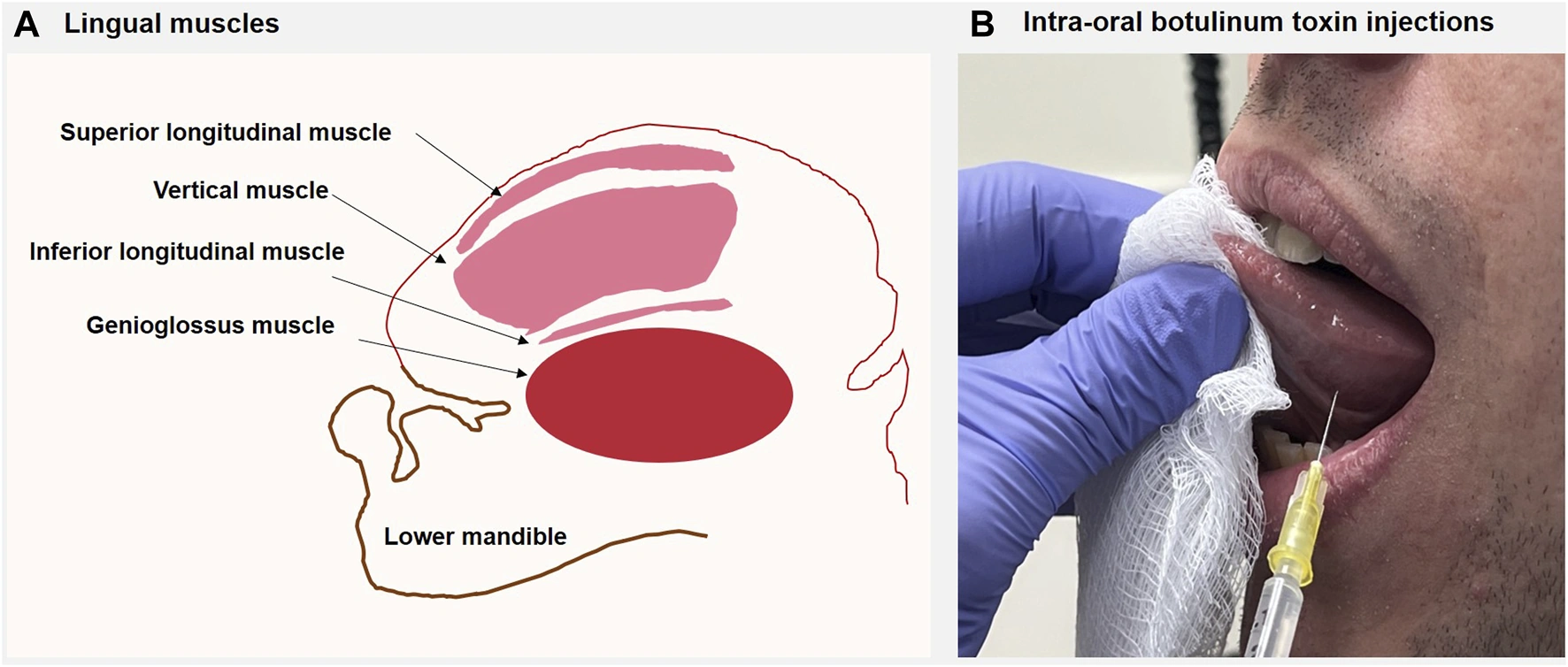
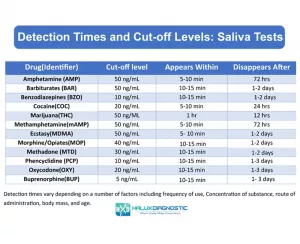
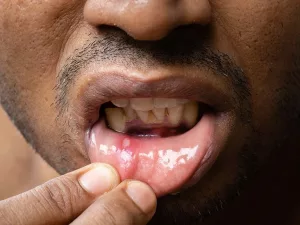
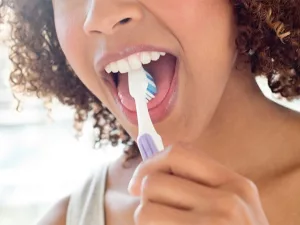
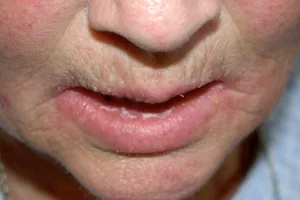
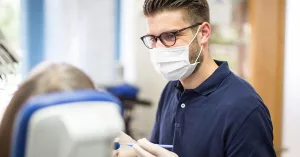





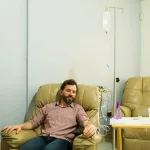


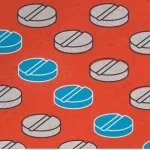



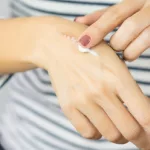


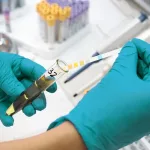

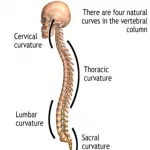
Leave a Reply
You must be logged in to post a comment.